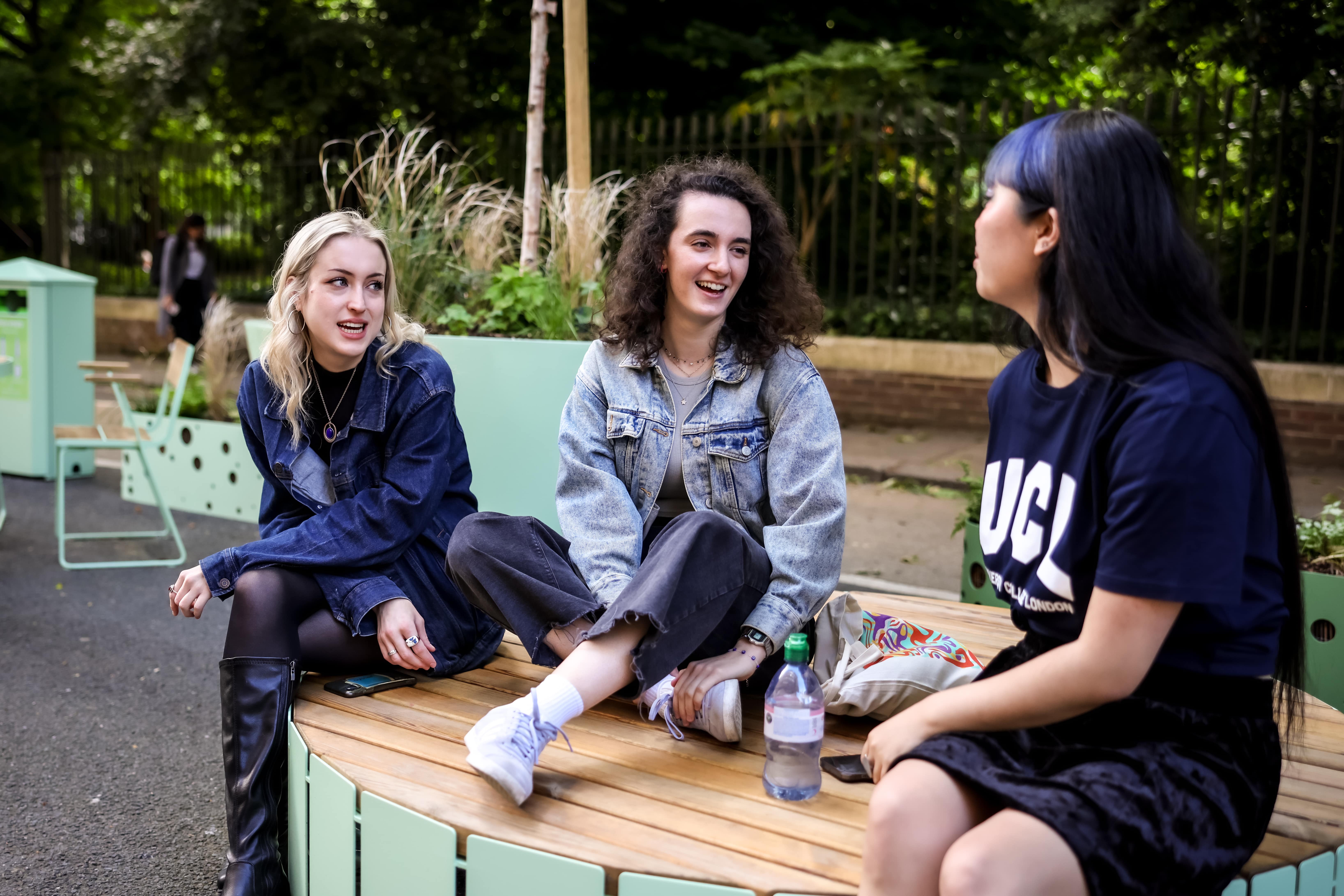Written by Kirill Bedenkov, second year BSc Politics and International Relations
Two years ago I applied to UCL and, like everyone else, a thick cloud of perplexing uncertainty on what was to come gloomed over me. I was unsure of the difference between the high school and the higher education establishment. But now, as I am about to start my second year, I would love to share my first-year observations with you - from the perspective of a highly motivated but perhaps slightly confused fresher.
Here are five things you can expect from university:
Lectures and seminars instead of lessons
To begin with, the usual 40-50 minute school lessons turn into 60-minute lectures and 60-minute seminars at the university. During your lectures, you will be taught the theoretical core components of the specific modules you are taking and during your seminars, you'll be discussing this material.
At first, it can be challenging to attend lectures - an hour of intense mental learning without any breaks, but you get used to it. Your seminars are a bit more chilled, with discussions and more room for thought. The seminars become a way to consolidate all the stuff you learnt during your lectures.
Soon enough, in about 1-2 months, you get used to such a tempo as it becomes part of your weekly routine.
Cohort and groups instead of classmates
Knowing that, at school, teachers conduct lessons only within the framework of specific classes, it is worth preparing for the fact that, at university, teaching sessions are held both for seminar groups and the year, or so-called “cohort”, as a whole. Lectures, as a rule, are presented by the professor for the entirety of the year group (around 100-250 students), whereas seminars are held for each group separately (usually around 20 people maximum). Therefore, in the learning process, you will communicate with a relatively large number of people. It's both fun and rewarding!

Dissertations - not as scary as they seem
This is the word that makes the knees of almost every university student shudder. Upon graduation, all students write and defend their thesis. Abstracting away from wishful thinking, yes, it is a tremendously hard compulsory undertaking because a dissertation is a voluminous work demonstrating all the theoretical knowledge and practical skills gained during your studies. However, despite the dissertation usually being perceived as an oppressing burden, squeezing the consciousness from all sides, it can easily be turned into an utterly unique and unforgettable experience of you exploring what you truly admire and are passionate about to the fullest extent. But let's not go into details. Your course administrators will devote themselves to telling you all the necessary information throughout your degree!
Freedom and responsibility
At university, no one calls your parents because you are a terrible student; no one forces you to do your coursework and attend classes (although there are exceptions). Here, you learn for yourself. It's simple - if you do not pay enough attention and are not willing to go over the notes - your choice; if you do not pass your exams and do not receive enough credits - you will not be able to proceed with your degree the following year. All these rules give a clear understanding that in adulthood, you are responsible for yourself, or, in other words, the path to your future is paved through your efforts. Thereby, remember that with freedom comes great responsibility. Here is the main tip for you - try to adopt the five core components of conscientiousness: become responsible, organized, hard-working, goal-directed, and adhere to norms and rules (but not to the extreme, critical thinking and creativity are still highly important).

Work-life balance is key
Despite the importance of paying more attention to your studies, it is also essential to balance your work with relaxation. After all, student life is not only about lectures, seminars, and writing papers. It is also about student clubs, contests, events, and meeting new people. Your time at UCL is the best time to try out new things. You can join multiple societies or attend career forums, where established professionals will share their expertise with you and point out some tips and tricks on creating an appealing resume. And of course, you are free to just hang out on the main campus and meet new friends who will make your university journey even more memorable and joyful.
Ultimately, I hope that after you read this article, the initially proposed question is not left unanswered, as future challenges and wondrous endeavours of yours have become more transparent. University life can be hectic, but it is an unforgettable and irreplaceable experience. Do not be afraid of tomorrow, as it is just another today you were afraid of yesterday. Never stop dreaming, as the university is the soil where your authentic self can genuinely blossom into something magnificent.
Good luck!